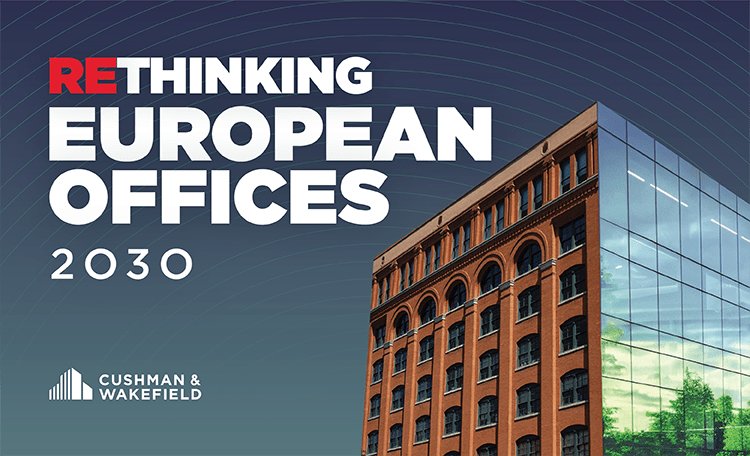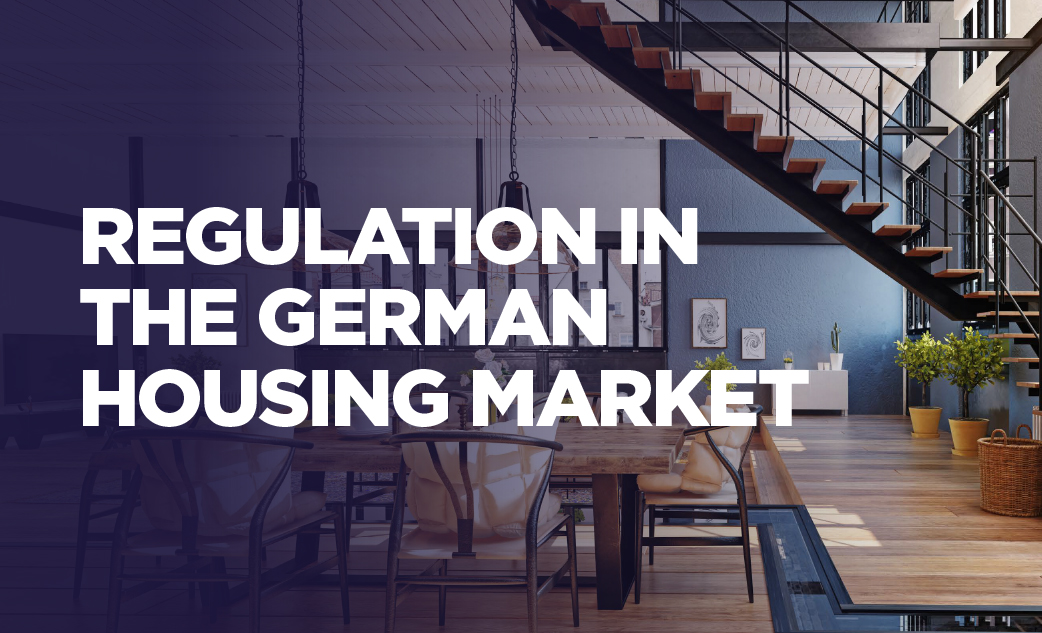• Operational capacity in EMEA at 9.3 GW with a further 2.6 GW under construction and 8 GW in planning stages
• London remains the leading location
• Germany is the second largest market, with Frankfurt as the second largest single market
• Milan quickly catching up and approaching 1 GW in live and pipeline capacity
Between Q2 2023 and Q2 2024, the operational capacity of data centre markets in the EMEA region has risen by 6.6 percent and reached 9.3 GW. During the first half of 2024, approximately 256 MW of capacity was added. Additionally, there is a strong development pipeline of 2.6 GW and a further 8 GW in planning stages, marking an overall pipeline growth of 1 GW. This represents an increase of 10.5 per cent since the second quarter of 2023, according to a recent study by Cushman & Wakefield, one of the world’s largest property consultancies.
The FLAP-D markets – Frankfurt, London, Amsterdam, Paris and Dublin – continue to lead. London continues to be the largest data centre market in the EMEA region, with the operational capacity of 1,062 MW that has remained almost unchanged compared to the second quarter of 2023. However, the pipeline for planned and under construction projects has grown by 28 per cent to 1,209 MW. Virtus, Equinix, Ark Data Centres and Digital Realty have the largest operational capacities. Frankfurt is just behind London with 2.00 GW of total market capacity (including planned projects), followed by Dublin, Amsterdam and Paris.
Germany compared to other markets
Germany is the second largest market after the United Kingdom with an operational capacity of 1.06 GW. Frankfurt, in particular, remains a leading location in the so-called FLAP-D market (Frankfurt, London, Amsterdam, Paris and Dublin). Its low-latency connectivity and role as an interconnection hub make it especially appealing for companies that rely on efficient data exchange processes. However, operators are increasingly facing challenges such as limited availability of space and power supply. This has led to the expansion of data centre infrastructure into the wider Rhine-Main area, particularly towards Offenbach, Mainz, and Darmstadt.
Simon Jeschioro, Head of Capital Markets & Investment Advisory and Head of Specialist Markets at Cushman & Wakefield, says: ‘The megatrend of “everything, everywhere, at once” continues to drive demand for additional data centre capacity across the EMEA region. We are seeing an increasing number of gigawatt locations following established US trends, a development that we also expect to see in German locations.’
Compared to other markets, Germany is also well-positioned in terms of its pipeline. With strong demand for data centre services, particularly from hyperscale operators and colocation providers, it continues to be a key market in Europe. Cities such as Berlin and Munich have vacancy rates below 10 per cent, indicating strong demand and limited availability.
Development in other locations
Milan has emerged as one of the fastest growing markets, with a capacity of 145 MW and a huge pipeline of 839 MW, positioning itself as a pivotal digital infrastructure hub in Southern Europe. Strong demand for cloud and AI services is driving this market forward. Warsaw and Zurich are also growing strongly and are becoming established data centre locations with pipeline capacities of 339 MW and 278 MW respectively. With pipeline capacities of 339 MW and 278 MW respectively, Warsaw and Zurich have also progressed, qualifying themselves as established markets.
New players in the Cushman & Wakefield's category of emerging markets include Istanbul, Barcelona and Zaragoza, the latter being driven by cloud and AI. All primary markets are facing challenges, including limited land availability, power constraints, and increasing strict sustainability regulations, resulting in significant cost and time implications for operators and investors.
The full report can be viewed here.








